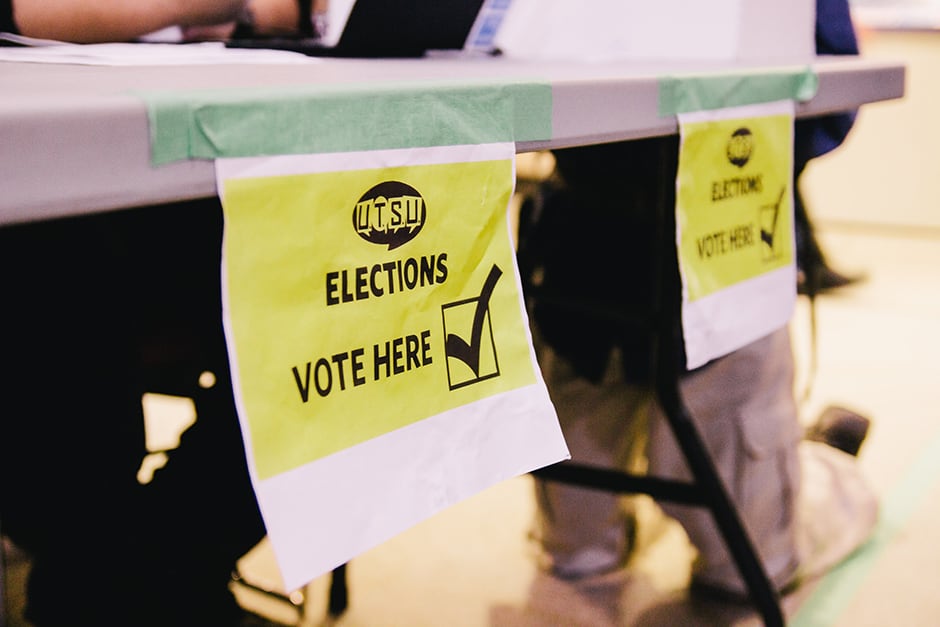In February, students invaded and occupied Amsterdam University’s main administrative and humanities buildings. The students were demanding changes to the university’s administration such as greater democratization of university governance, increased transparency of the university’s finances, an end to budget cuts for departments, and better conditions for temporary staff. Their protest garnered attention and support from the mayor of Amsterdam, the Dutch public at large, the education minister, and international academics such as Noam Chomsky. Similar protests have spread across Europe to other schools such as the London School of Economics. Their efforts are a master class in student mobilization.
With our own student union being sworn in this coming Monday, it is worth taking a bit of time to review their past work in “advocacy,” which they describe as a major part of their job.
The UTSU advocates across a number of sectors. They work to lower or restructure fees, lobby for rights for international students, push back against unpaid internships, fight for a more equitable campus, and promote sustainability via divestment and other initiatives. The UTSU’s range is strong, and with some small exceptions, their agenda covers the issues that matter to students.
Their “victories” have been impressive: removing work permits for international students, getting legal rights for unpaid internships, and other efforts have all been important advocacy successes. However, it is important to note that the majority of these victories are the result of larger national campaigns, pre-existing politics, or efforts from their parent body, the Chartered Federation of Students. The UTSU represents the whole student body — as such, it should be taking advantage of its substantial mobilization capabilities.
A big obstacle to advocacy at U of T is campus-wide alienation due to the large size of the student body, the multiple campuses, and significant commuter populations. While the UTSU tries to combat this issue with weekly social events, their events are often not well–attended and often conflict with other groups on campus such as college frosh weeks or faculty events. The UTSU’s role in making the campus more social and inclusive is important, but often underachieving. Success in this area would greatly strengthen their ability to mobilize students for other advocacy campaigns.
Additionally, the UTSU often manages mobilization poorly in that they endorse campaigns or events that are irrelevant or divisive to the greater student body. Israeli Apartheid Week is the perennial example, but I want to touch on a much more recent one. The strike by CUPE 3902 affected almost all students at the university, shutting down classes for almost four weeks. Directly supporting the plight of the precariously employed is the right thing to do, but not necessarily in the interest of all students. The UTSU’s advocacy consisted of a joint protest with TAs, a walk out for a tuition refund, and a pamphlet re-posted online about how syllabus changes are bad.
Most students simply wanted their classes back and to end their year without a hitch. Furthermore, these students were the prime bargaining chip in the negotiations. There is no reason why the UTSU should have claimed to speak for the whole undergraduate body when they simply threw their support behind the TAs without consultation. In doing so, they alienated many students who just wanted to go to class, not walk out of them for a tuition refund. A student movement for student rights in the protest would have been more effective and more legitimate — it would have united undergraduates at U of T and pushed the university to find a solution instead of creating more animosity within our already disparate student population.
Christian Medeiros is a third-year student at Trinity College specializing in international relations.


